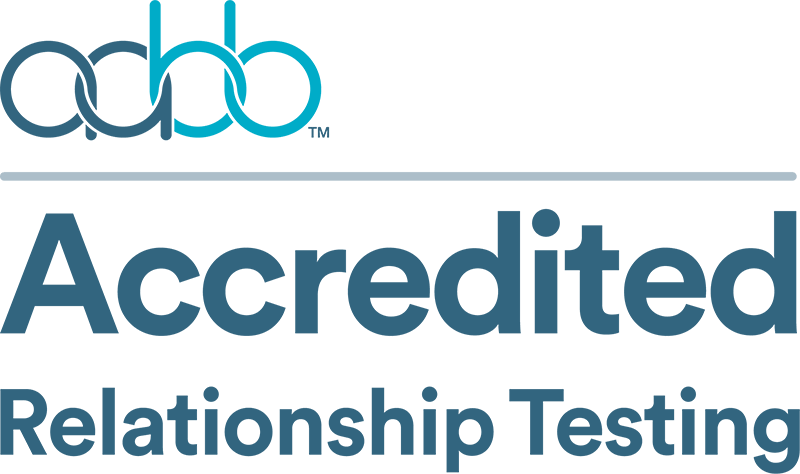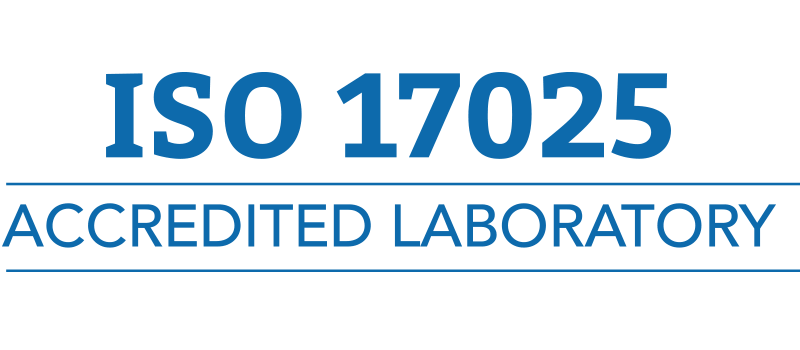Our Pledge
A DNA test is lifelong. The information that you find out from your DNA test stays with you for life, and can drastically affect the rest of your life. Our laboratory proudly accepts the responsibility of performing this important test for you with confidence, professionalism, and care. Our laboratory specializes in DNA testing and will be able to help you obtain conclusive and reliable answers.
Listed below is the Code of Ethics for our laboratory. Our laboratory takes tremendous pride in the quality and care put into every test. We are proud to list our laboratory’s responsibilities and obligations to you, our patients.
Our laboratory code of ethics is intended to ensure appropriate and proper conduct. It sets forth the principles and standards of the laboratory and is intended to be used as a guide for all of our laboratory personnel in their activities and conduct.
- All kits are dispatched within 24 hours.
- Price includes all laboratory fees and results documents.
Featured Tests
DNA Paternity Test
$99.00Add to cartAn entirely painless and non-intrusive DNA collection method designed for paternity testing and DNA analysis.
DNA Sibling Test
$150.00Add to cartThe sibling test offers an estimation of the probability that two individuals are either full siblings, half siblings, or unrelated.
DNA Grandparentage Test
$150.00Add to cartThe test will provide you with the likelihood that an alleged grandparent is the true biological grandparent of a grandchild.
Guiding Principles Underlying Our Code of Ethics
1. Our responsibility to our patients and clients
2. Our responsibility to our employees
3. Our responsibility to our community
A. The Laboratory Personnel
- Laboratory personnel should perform their professional duties in a manner consistent with current standards of good practice as outlined in the Quality Manual and Policy and Procedures Manual.
- Laboratory personnel should strive to increase their knowledge and skill in order to provide the patient with a high level of professional service by keeping up to date with current developments in DNA testing technology, regularly attending relevant conferences, and keeping in touch with other experts in the field of DNA technology and DNA statistics.
- Laboratory personnel must adhere to currently accepted methods and practices in the DNA lab in accordance to the Parentage testing protocols and procedures manual.
- Laboratory directors must have doctoral degrees in molecular biology.
- In general, the test results should only be provided upon completion of testing.
- Although the majority of tests are completed in the required time frame, from time to time, special situations may arise during testing which require extra testing time. In the event that delays are encountered during testing due to lack of DNA on swab samples, or naturally occurring mutations in the patient’s genome, it may be necessary to conduct additional testing. Under such circumstances, extra time must be allowed to properly complete all necessary additional tests to generate conclusive results.
B. The Testing Facility
- The testing facility must keep up to date with current technology.
- As DNA testing technology is rapidly advancing with newer, faster, and more accurate and more automated technology available each year, it is the responsibility of the laboratory to have the funds available to be equipped with only the latest technology as they become available to ensure that the fastest, most affordable and more accurate testing is provided at all times.
- The laboratory must have policy manuals for users of the laboratory as well as policy manuals governing work within the laboratory.
C. The Client
- The client must be treated with dignity and respect.
- The laboratory must safeguard the dignity and privacy of patients.
- The laboratory should carry out their professional acts for the client once undertaken, to their conclusion.
- The laboratory should preserve patient information in professional confidence.
- A single test may often involve several individuals or family members. In performing the test, the laboratory may require personal information which is specific to the individual (e.g. contact information). The laboratory must ensure that other than the information intended in the final report, personal information regarding each individual that is not relevant to the purpose of the test must not be inappropriately disclosed to other parties involved in the test without specific written consent of the individual.
- The laboratory should issue their reports only to the individuals who were pre-authorized to receive such information.



